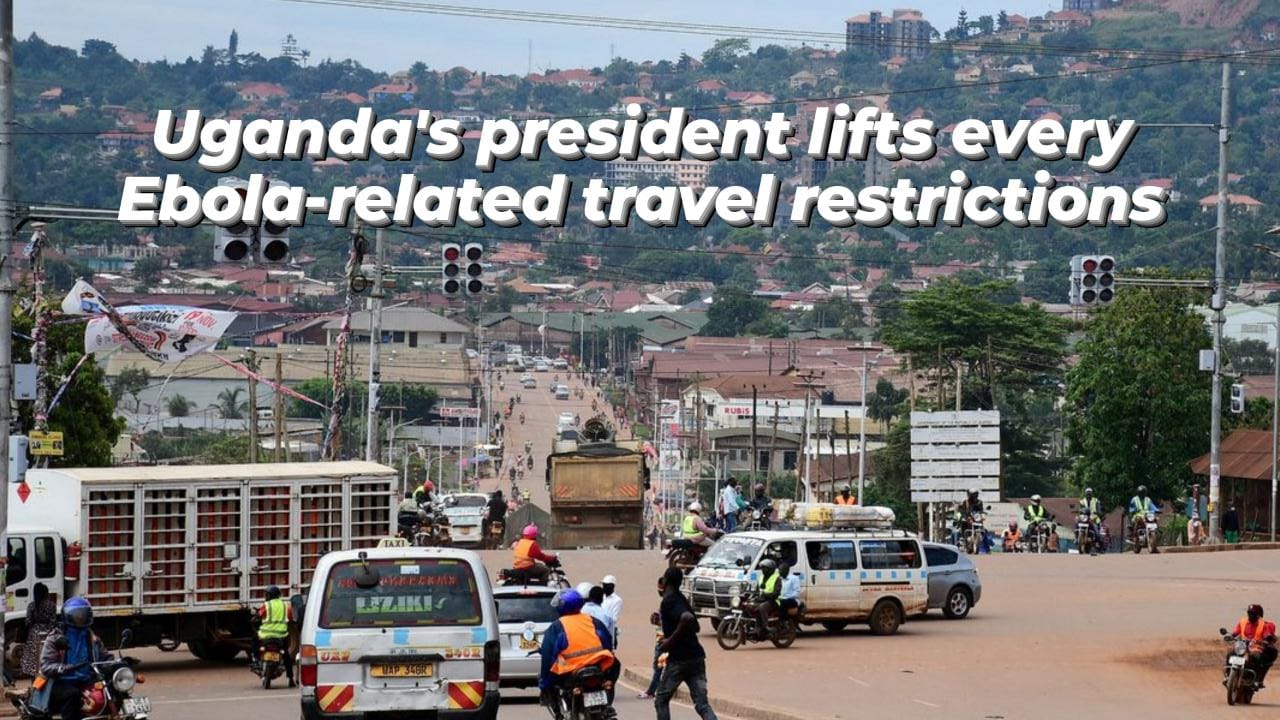
On Saturday, Ugandan President Yoweri Museveni relaxed all Ebola-related travel restrictions, claiming the East African country has made progress in combating the deadly epidemic.
Museveni lifted restrictions on the disease’s epicentres in Mubende, which had 66 cases and 29 deaths, and Kassanda, which had 49 cases and 21 deaths.
‘There is now no transmission, no contact under follow-up, no patients in isolation facilities, and we are making good progress with the countdown,’ Museveni said in a statement.
Officials originally confirmed the epidemic in September, stating that it was caused by the Sudan strain of the illness, which kills 40%-60% of individuals infected and has no proven vaccine.
The Kampala administration implemented travel restrictions and a nightly curfew in October, as well as closing places of worship and entertainment. Uganda said earlier this month that it had released its final Ebola patient.
Ebola causes vomiting, bleeding, and diarrhoea and spreads through contact with infected people’s bodily fluids. The virus can sometimes stay in survivors’ eyes, central nervous systems, and bodily fluids for years before resurfacing.

Post Your Comments